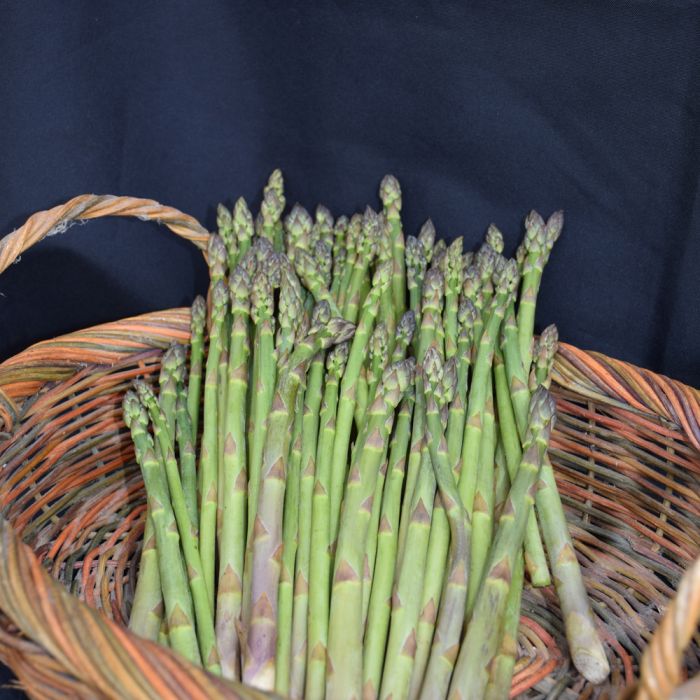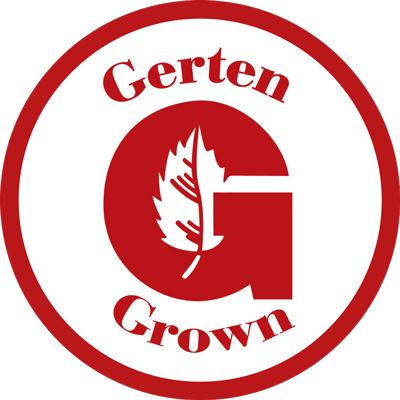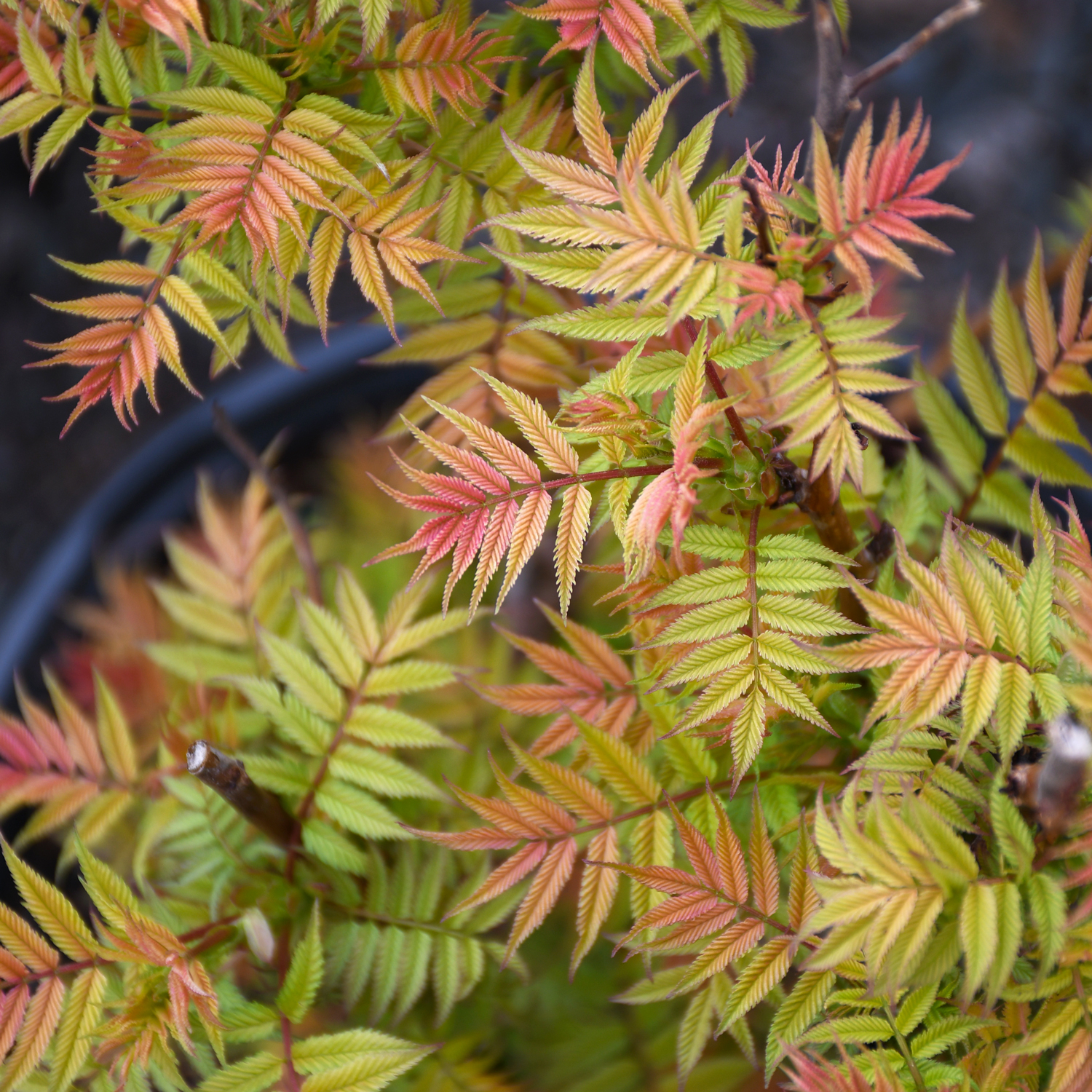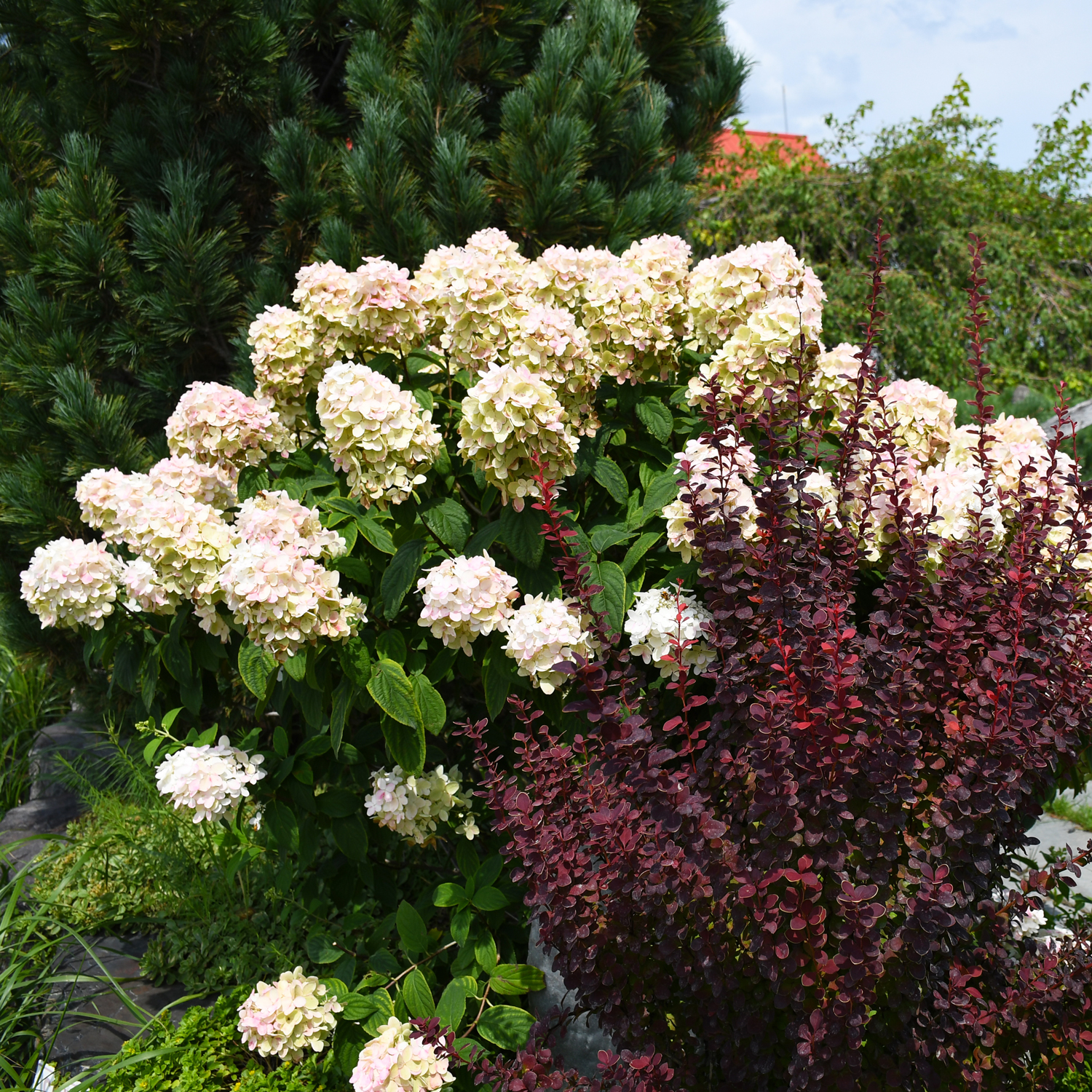Asparagus, 'Jersey Knight'



Out of stock
Coming soon, still growing- Sun Preference
- Full-Sun, Part-Sun
- Bloom Time
- April, May
Description
Jersey Knight Asparagus | Asparagus 'Jersey Knight'
All male cultivar that produces delicious green spears 3/8” diameter or larger.
Feathery blue-green foliage, large succulent spears, a high producing variety; let foliage stand over winter to insulate crowns and manufacture food for a better crop, cut back in spring; fusarium resistant, enrich soil with compostMinnesota's Largest Selection of Shrubs
Elevate your landscaping with Gertens' unmatched variety of shrubs! Selecting the right shrubs for your backyard can enhance its beauty and functionality. Consider factors like sunlight, soil type, and mature size when choosing shrubs. For sunny areas, flowering shrubs like roses or hydrangeas can add color and charm. In shady spots, opt for shrubs like azaleas or hostas. Evergreen shrubs provide year-round interest and privacy, while deciduous shrubs offer seasonal color changes. At Gertens, we offer a wide selection of shrubs to suit every backyard need.
Details
Jersey Knight Asparagus is a perennial vegetable plant that is commonly grown for its edible qualities. The stems are usually harvested from mid to late spring. The stems have a pleasant taste.
The stems are most often used in the following ways:
- Cooking
Jersey Knight Asparagus will grow to be about 4 feet tall at maturity, with a spread of 30 inches. It grows at a medium rate, and under ideal conditions can be expected to live for approximately 15 years. As an herbaceous perennial, this plant will usually die back to the crown each winter, and will regrow from the base each spring. Be careful not to disturb the crown in late winter when it may not be readily seen!
This plant is typically grown in a designated vegetable garden. It does best in full sun to partial shade. It does best in average to evenly moist conditions, but will not tolerate standing water. It is not particular as to soil pH, but grows best in rich soils. It is somewhat tolerant of urban pollution. This particular variety is an interspecific hybrid.
More Information
| Gerten Grown Plants | Gerten Grown Plants |
|---|---|
| Available for Pre-Order | No |
| Bloom Time | April, May |
| Sun Preference | Full-Sun, Part-Sun |
| Mature Height (Range) | 5 - 10 feet |
| USDA Hardiness Zone | 4, 5, 6, 7 |
| Common Family Name | Blueberry |


